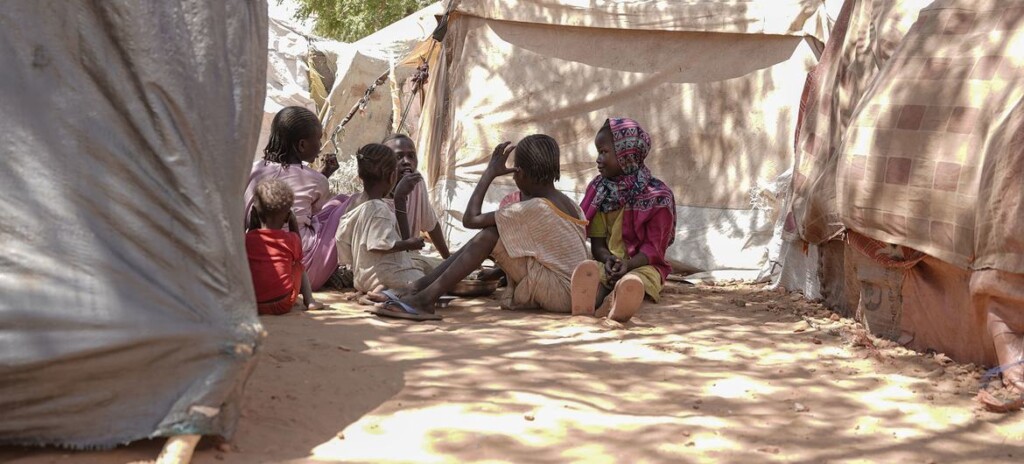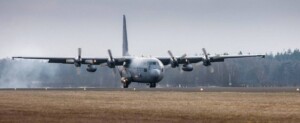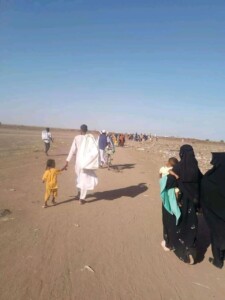North Darfur plunges further into crisis, UN called to ‘urgently intervene’

Displaced children shelter near El Fasher, capital of North Darfur (File photo: UNICEF / Mohamed Zakaria)
The humanitarian crisis in North Darfur’s capital of El Fasher has continued to deteriorate, with civilians trapped between escalating violence and severe shortages of food and water. El Fasher has been embroiled in conflict since May last year, with the paramilitary Rapid Support Forces tightening its siege in a bid to capture the government stronghold in Darfur. Recently, El Fasher has been experiencing intense shelling and a growing threat of famine spreading wider in the region.
Sudanese Armed Forces’ warplanes bombed the weekly market in Tora, North Darfur, near El Fasher on March 24th, killing dozens and injuring many, with some reports estimating the death toll in the hundreds.
The following week, shelling by the paramilitary RSF in El Fasher killed at least nine civilians and wounded 17, according to the Sudanese Armed Forces’ Sixth Infantry Division.
On March 28th, the SAF bombed the Shangil Tobaya camp, injuring five displaced people. The General Coordination of Camps for Displaced Persons and Refugees accused the SAF of targeting civilian infrastructure.
Famine conditions, classified as Integrated Food Security Phase Classification (IPC) Phase 5, the highest level on the IPC Acute Food Insecurity scale, were confirmed in July 2023 at the Zamzam displacement camp, leaving thousands of children facing life-threatening malnutrition.
‘RSF blockade’
Local activists and mediators are calling for the RSF to lift their blockade in line with international directives and UN resolutions.
Armed movements aligned with the RSF, such as the Sudan People’s Liberation Movement-North (SPLM-N) under the leadership of Abdelaziz El Hilu, and the Sudan Revolutionary Front, led by El Hadi Idris, announced the creation of “safe corridors” to help civilians flee El Fasher and the nearby Zamzam camp.
These RSF-aligned movements recently signed the controversial and widely condemned charter in Nairobi, allowing a rival governing body in areas controlled by the RSF.
Minister of Culture and Information Khaled Aleiser accused foreign states of supplying the RSF with weapons and missiles, turning the siege into both a land and air blockade. He added that government forces had airdropped food and medicine to El Fasher.
The Sudan Liberation Forces (SLF) alliance led by El Tahir Hajar, offered safe passage for civilians and called for urgent aid. The mainstream Sudan Liberation Movement under the leadership of Abdelwahid Mohamed Nur, also urged relocation to areas under their control.
UN
The United Nations has signalled its readiness to intervene. UN officials representing the Humanitarian Coordinator in Sudan, met with Sudanese officials in Port Sudan to discuss a coordinated response.
According to the Sudan News Agency, Minister Khalid Aleisir urged the UN to use its aircraft and transport vehicles, under its own banner, to help save lives in El Fasher and nearby areas.
Sovereignty Council member Lt Gen Ibrahim Jaber, who met with the UN delegation, echoed that appeal, calling on UN agencies to increase pressure on the RSF to allow humanitarian convoys through.
He reaffirmed the government’s willingness to cooperate with international actors to facilitate aid delivery across Sudan.











 and then
and then